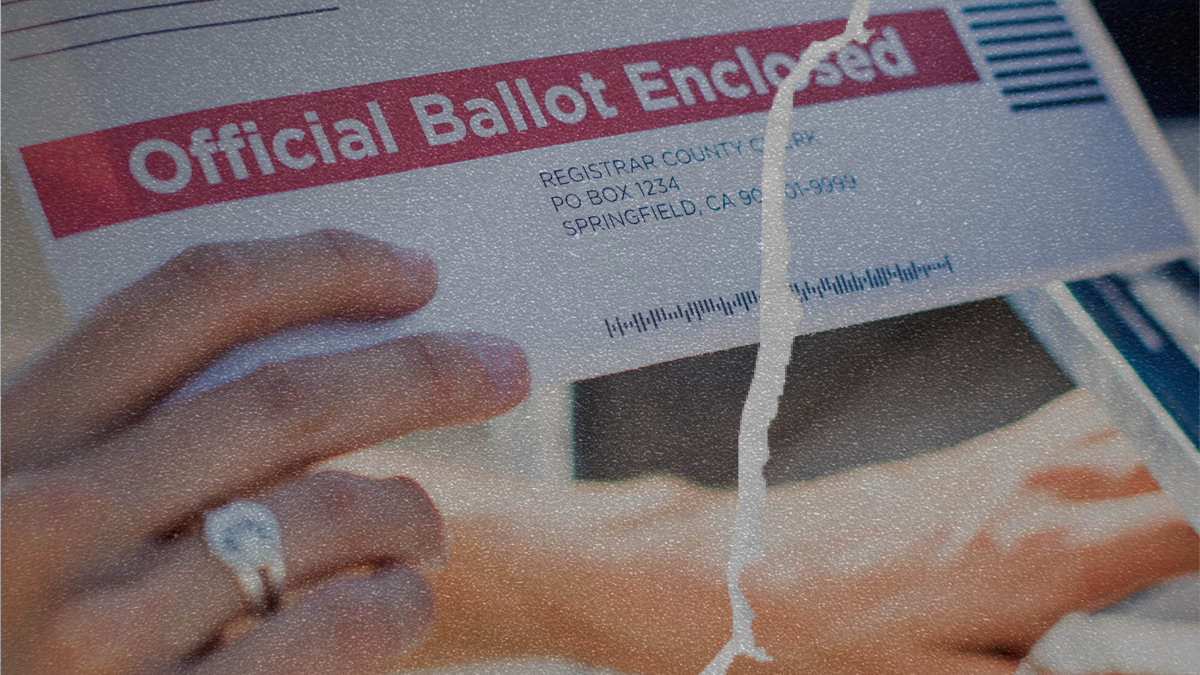Source: WCNC-TV
This year’s primary marked the first election under a new, controversial state law that reduced the mail-in ballot deadline.
The Republican-backed law eliminated the three-day grace period for counting properly postmarked mail-in ballots and prohibited voters from dropping off their mail-in ballots in person at one-stop, early voting sites.
“It was very unnecessary, very unfair to voters,” Bob Phillips, Executive Director of Common Cause, told WCNC Charlotte.
Before the law’s passage, absentee ballots could be accepted and counted as long as they were postmarked by and received up to three days after Election Day.
According to WCNC Charlotte, almost 1,000 absentee ballots were received after the 7:30 p.m. Election Day deadline.
Due to the new Republican state law, these ballots were not counted; throwing out approximately 1,000 eligible votes.
“There are people right now who did everything right … and through no fault of their own, but the mail service not getting their ballot in time to the county board of elections, their vote won’t count,” Phillips told WCNC Charlotte.
“This law … is going to contribute to that feeling that something is wrong with our elections.”
This law comes from a long list of Republican-passed election changes that impacted North Carolina voters during the primary. This year also marked the first statewide election to require voters to provide a photo ID to vote in person.
“In North Carolina, we’ve had an election system that has been tried and true,” state Rep. Allen Buansi, told the Associated Press. “When you’re making those kinds of changes for our election systems without even the consent or negotiation of a minority party — much less the people of the state who vote — you’re causing just tremendous damage to our election systems.”





